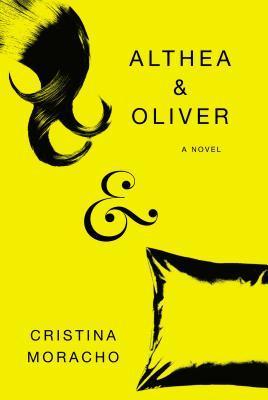Hey book lovers, I'm baaaaaaaaaack!
Ah, Covid. There's so much that could be said about the events that have elapsed since I last posted on this blog, both in my personal life and in the world at large, but I find myself most preoccupied by the pandemic that has completely overhauled the way I live. I find most of these compulsory lifestyle changes disconcerting and unwelcome, but the greatest joy of quarantine has been, without a doubt, having more time to read. I'm sure I'm not alone in my feeling that Covid-19 has brought the opportunity to get off the metaphorical treadmill and given me more quiet moments throughout my day that can be spent in the company of a good book. And oh how many good books there are! Here, straight from my reading list, are the 5 books I've read this semester that I'm the most thrilled to recommend to you today.5. Unsheltered by Barbara Kingsolver. I got this one from the library (ever heard of it?) at my university after seeing Ann Patchett (my queen) rave about Kingsolver's work. A middle-class family navigating Trump-era problems (a lack of health care, a housing crisis, general disillusionment with America) shares space in this novel with a 19th-century science teacher confronting anti-evolution and other regressive thinking in his would-be utopian town. Sound like a lot for one book? It was, but I loved how Kingsolver used the two storylines to trace the plight of late-stage capitalism back to the empty promises of early capitalism.
4. Hillbilly Elegy by J.D. Vance. Much has been made about our need to "understand" the working-class white voters who are said to have put Trump in office, and I don't know that this book explains as much about those mythical people as people have hyped it up to, but I loved the honesty and straightforwardness of Hillbilly Elegy. Vance pulls no punches as he describes his Appalachian upbringing, confiding the details of his mother's drug addiction, his relationship with his foul-mouthed, fiercely loving Mamaw, and finally how he ended up at Yale law school. I heard the new movie's bad, which is all the more reason to read the book!
3. Home Cooking by Laurie Colwin. This is just a fun book that put a smile on my face, partly because my mom gave it to me and it brought back fond memories of times we've spend connecting in the kitchen, but also because Colwin has a winning personality and a hilarious approach to the cookbook-cum-novel. I'm sure she was a fantastic chef, and the recipes she includes look delightful, but the best parts of the novel are Colwin's stories of her most explosive cooking fails. I actually laughed out loud as I read.
2. Let Me Hear a Rhyme by Tiffany Jackson. This one brings me back to my blogging roots--yes, believe it or not, it's a YA novel! And wow, this one's a good one. Jackson tells the story of three teenagers in 1990s Brooklyn who, reeling from their friend's mysterious death in a gang-related shooting, make a plan to honor his memory by turning him into a famous rapper--without telling anyone he's dead. Sounds fascinating already, and I didn't even scratch the surface of the twists and turns contained within this novel. Tiffany Jackson is number one on my list of authors to read more from, and I'm excited to share her work with my middle school students this summer (more on that in a post to come, hopefully!).
1. The Underground Railroad by Colson Whitehead. Taking the coveted top spot on my list is just the most recent of the accolades that Whitehead's 2016 novel has received, which include a little nod called the Pulitzer Prize. I was absolutely captivated by this novel and read it cover to cover in just a few days, which is always a great sign. Whitehead is a genius writer who imagines each Southern slave state as a different world, each one its own horrific trial for our heroine Cora as she flees slavery. This was the novel that stayed on my mind for the longest time after putting it down, and, for that reason, it has to be number one.





